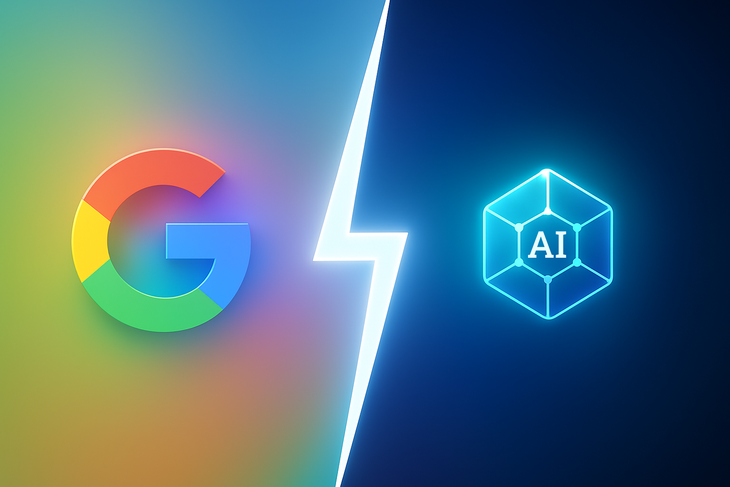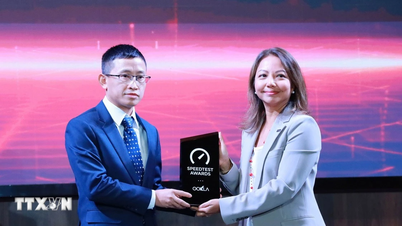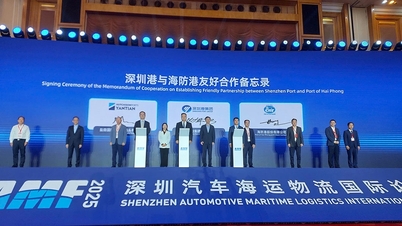
Will Google Search be replaced by AI?
In just a few years, virtual assistants have evolved from simple helpers to platforms that can converse, analyze, and make comprehensive recommendations. This shift is blurring the line between familiar search and having a direct conversation with AI.
The Rise of Virtual Assistants
If a few years ago, Siri or Google Assistant were mainly just for playing music, setting alarms or answering simple questions, today the concept of "virtual assistant" has completely changed. Artificial intelligence models such as OpenAI's ChatGPT, Google's Gemini, Anthropic's Claude or Microsoft's Copilot have proven that machines can not only respond to individual commands but also maintain a seamless conversation.
The innovation lies in the ability to understand context. Users can ask multiple questions around a topic without having to repeat information, for example, planning a trip , comparing product pros and cons, or even drafting a contract. Tasks that previously required multiple Google searches are now wrapped up in a single conversation with an AI assistant.
Big tech companies are also quick to jump on the bandwagon. Google is integrating AI into its search engine with AI Overviews, which displays a summary of answers at the top of the page instead of just providing a series of links. Microsoft is adding Copilot to Bing, turning searches into conversations.
In fact, the traditional search habit is gradually gaining a new option: asking a "number friend" directly instead of filtering through many websites yourself.
How convenient are virtual assistants and what are their shortcomings?
Virtual assistants have a huge advantage in speed and convenience. Users can simply ask a question and immediately receive a packaged answer, instead of having to open each website to find information.
In many situations, this saves a lot of time, especially with everyday questions like movie schedules, recipes, or technical instructions.
However, the limitation is that AI's answers are not always absolutely accurate. Unlike verifying from multiple sources yourself, virtual assistants often only give a synthesized version of information.
This raises the issue of trust: do users accept the only answer from AI or still need to consult other sources. It is this difference that currently makes virtual assistants unable to completely replace traditional search methods.
Evolution: Search is becoming conversational
The change is not only due to technology but also to user habits. Many recent surveys show that the younger generation tends to ask questions to virtual assistants rather than typing keywords into search engines. They expect a complete, clear answer instead of having to click through to each website.
Big companies see this too. Google, Microsoft, OpenAI, and many startups are all investing heavily in making search a natural conversation. Users can ask follow-up questions, request further explanation, or request additional suggestions, just like talking to a knowledgeable person.
If the pace of development continues, in five years the search experience may not just revolve around scrolling through a list of results. Instead, it is likely that each person will have a “personal assistant” ready to have a conversation and provide contextual information alongside the traditional search.
Source: https://tuoitre.vn/tro-ly-ao-ngay-cang-thong-minh-se-thay-the-google-search-trong-5-nam-toi-20250911162246748.htm






































![[Photo] Prime Minister Pham Minh Chinh receives Secretary of Shandong Provincial Party Committee (China) Lin Yu](https://vphoto.vietnam.vn/thumb/1200x675/vietnam/resource/IMAGE/2025/9/26/821396f0570549d39f33cb93b2e1eaee)



































































Comment (0)